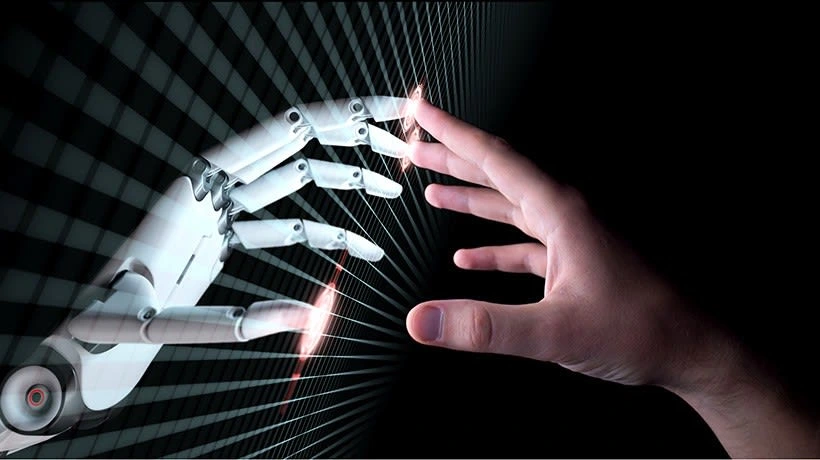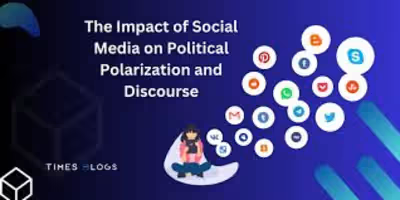The Role of AI in Shaping the Future of Wor

Artificial Intelligence (AI) is significantly transforming the job market by automating routine tasks, potentially displacing certain roles, while also creating new opportunities in AI development and data science. The rise of AI necessitates a shift in required skills, emphasizing both technical proficiency and soft skills like creativity and problem-solving. Ethical concerns, such as bias in algorithms and data privacy, are crucial considerations in AI integration. Despite these challenges, AI promises increased productivity, innovation, and job satisfaction by automating mundane tasks. Mitigating the potential negative impacts of AI involves investing in education, retraining programs, and developing ethical guidelines. Collaborative efforts from governments, businesses, and educational institutions are essential to ensure an equitable and human-centered future of work.
Like this project
Posted Jun 19, 2024
Artificial Intelligence (AI) is significantly transforming the job market by automating routine tasks, potentially displacing certain roles, while also creating
Likes
0
Views
7




